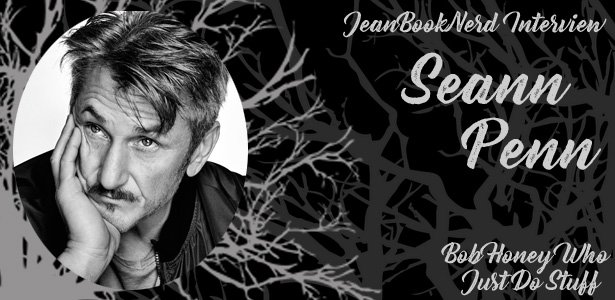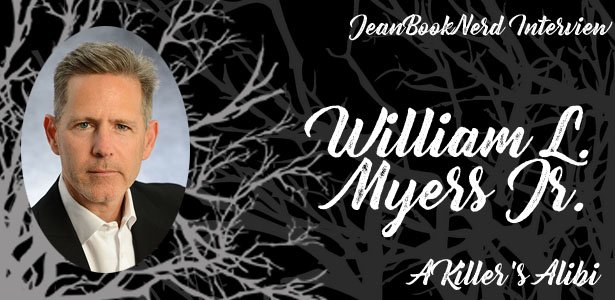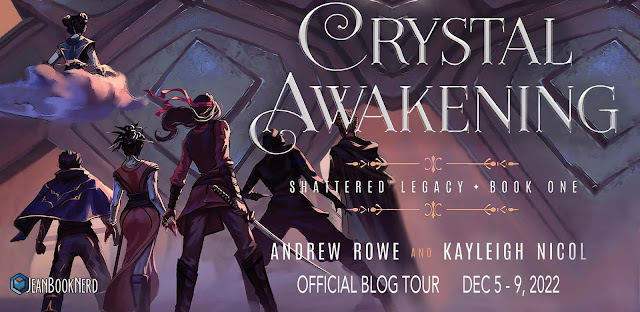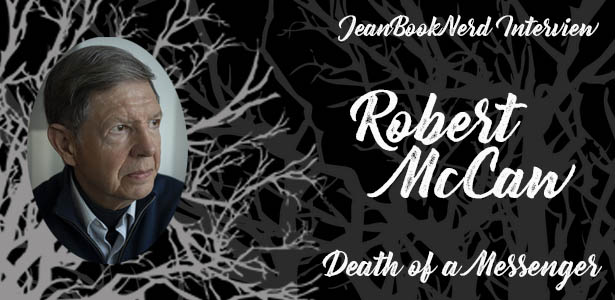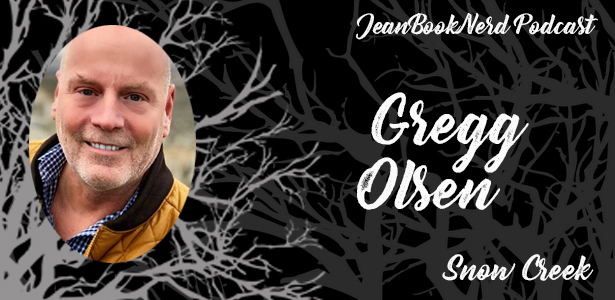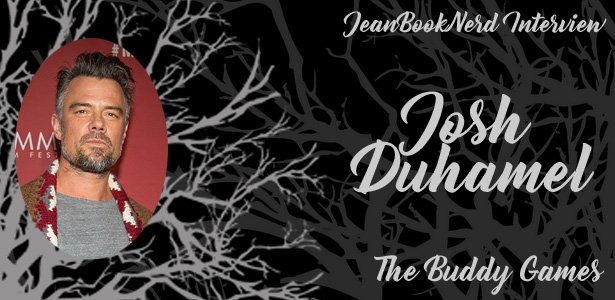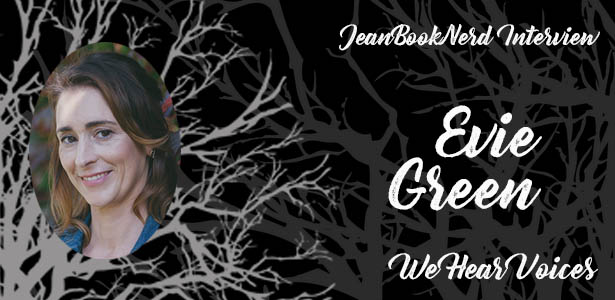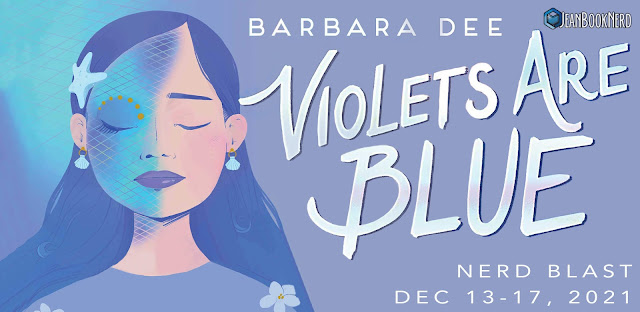
Series: Wild Cards (Book 7)
Paperback: 352 pages
Publisher: Tor Books (June 13, 2017)
Language: English
ISBN-10: 0765335611
ISBN-13: 978-0765335616
Praise for WILD CARDS VII: DEAD MAN'S HAND
“Perhaps the most original and provocative of the shared worlds books.” —Peter S. Beagle, author of The Last Unicorn
"Delicious...Everything I hoped for in a new Wild Cards book. The character interactions and plot twists have exactly the complexity, surprise, and unsentimental realism I'd expect out of a George R. R. Martin project." —Austin Grossman, author of Soon I Will be Invincible on Inside Straight
“This is a wild ride of good, blood-pumping fun that packs a surprisingly emotional punch for a book that looks on the surface like just another superhero adventure.” —Publishers Weekly on High Stakes
"Martin has assembled an impressive array of writers. . . . Progressing through the decades, Wild Cards keeps its momentum to the end." —Locus
"The shared-world series known as Wild Cards has had a long and illustrious history of contributors and achievements." —SciFi.com
"New readers and fans of the long-running series will both love the fast-paced plotting and the ever-expanding history of the Wild Card virus on this alternate Earth, where even the superheroes are human." —Shelf Awareness on Lowball
"Highly recommended." —SFRevu on Lowball
“Emotionally powerful. Wild Cards deals up the variety of short fiction without losing the continuity of a novel.”—The Seattle Times
“A delightfully imaginative speculation.”—The Toronto Star
Wild Cards now in development for TV! Dead Man's Hand combines the writing talents of George R. R. Martin & John Jos. Miller
Chrysalis, the glass-skinned queen of the Joker underworld, has been found brutally murdered in her popular restaurant, the Crystal Palace. New two men are out to find her killer: Jay Ackroyd, the Ace private investigator who discovered her ruined body, and the vigilante archer known as the Yeoman, who has been framed for the crime.
Their quest leads them on a nightmare odyssey of madness, violence, passion, and political intrigue that will forever alter the fates of Aces and Jokers everywhere.
Experience this gripping tale of mystery and suspense, brought to you from the incredible imaginations of George R. R. Martin and John Jos. Miller in their first collaborative novel.
Rights to develop Wild Cards for TV have been acquired by Universal Cable Productions, the team that brought you The Magicians and Mr. Robot, with the co-editor of Wild Cards, Melinda Snodgrass as executive producer.
EXPLORE THE WILD CARDS UNIVERSE
An alien virus has changed the course of history, and the surviving population of Manhattan struggles to understand the new world left in its wake. Natural humans share the rough city with those given extraordinary--and sometimes terrifying--traits. While most manage to coexist in an uneasy peace, not everyone is willing to adapt.
Wild Cards I
Wild Cards II: Aces High
Wild Cards III: Jokers Wild
Wild Cards IV: Aces Abroad
Wild Cards V: Down and Dirty
Wild Cards VI: Ace in the Hole
Inside Straight
Busted Flush
Suicide Kings
Fort Freak
Lowball
High Stakes
The Wild Cards Are Coming…to Television! Read More About it HERE!
WILD CARDS VII: DEAD MAN'S HAND EXCERPT
Monday
July 18, 1988
5:00 A.M.
THE TREES WERE MOVING, though there was no wind.
He did not know how long he had been walking, or how he had gotten to this place, but he was here, alone, and he was afraid. It was night, a night longer and darker than any he had ever known. Moonlight painted the landscape in shades of black and gray, but the moon was obscenely swollen, the color of rotting flesh. He looked up at it once, and for one awful moment it seemed to pulse. He knew he must not look again. Whatever he did, he must not look again.
He walked. On and on he walked. The gray, thin grass seemed to clutch at his bare feet with every step, to slide greasy tendrils between his toes. And the trees moved. Windless, they moved. Long cruel branches, barren of any leaves, writhed and twisted as he passed, and whispered secrets he did not want to know. If he stopped for only a moment, he would hear them clearly, he would understand. And then, surely, he would go mad. He walked.
Beneath that sickly-sweet moonlight, things that did not bear thinking of woke and stirred. Vast leathery wings beat against the air, filling the night with the smell of corruption. Gaunt spider shapes, leprous and rotten, slipped between the trees just out of sight, their legs rustling softly as they moved, never seen but never far behind him. Once a long low moan shuddered across the landscape, growing louder and louder until even the trees grew still and silent and afraid.
And then, when the feeling of dread was so thick he thought he might choke on it, he saw the subway kiosk up ahead.
It stood in the middle of the forest, bathed in that awful moonlight, but he knew it belonged, somehow. He began to run. He seemed to be moving very slowly, as if each stride took an eon. Slowly the mouth of the kiosk grew. The steps descending into the dark, the worn railing, the familiar signs; they called him home.
Finally he reached the top of the stairs, just when he felt he could run no farther. There were sounds behind him, but he dared not look around. He started down the steps, holding the handrail, faint with relief. It seemed as though he descended a long way. Trains rumbled through dark gulfs far, far below him. Still he descended. Now he could taste the fear again. The steps twisted around on themselves, spiraling down and down.
Then, well beneath him, he glimpsed another passenger, descending. He moved faster, bare feet slapping against the cold stone, down and around, and saw him again, a big man in a heavy black coat. He tried to call out to him, but here, in this place, his voice was gone. He ran even faster. He ran until his feet began to bleed. The steps had grown very narrow.
They opened suddenly, and he stepped out onto a long, narrow platform suspended over a vast blackness, a darkness that swallowed all light. The other man stood on the platform. There was something odd about his proportions, something disturbing about the way he stood there, humped and silent.
Then he turned, and Jay saw its face, a featureless white cone that tapered to a single wet red tentacle. It lifted its head and began to howl. Jay screamed …
… and woke, shaking, in a dark room that smelled of piss.
“Goddamn,” he muttered. His heart sounded like a rock drummer on speed, his underwear was soaked with sweat, and he’d wet the bed. This had been a bad one.
Jay fumbled for the bedside lamp, and swung his legs off the side of the bed and sat waiting for the nightmare to recede.
It seemed so real. But it always did. He’d been having the same damned nightmare since he was a kid. When he’d started waking up screaming twice a week, his parents banned H. P. Lovecraft from the bookshelf and threw away his prized collection of E. C. Comics. It didn’t help; the dream stayed with him. Sometimes it went away for months. Then, just when he thought he was rid of it forever, it would return with a fury, and haunt his sleep night after night. He would be forty-five this year, and the dream was as vivid as the first time he’d dreamt it.
It was always the same: the long walk through that nightmarish forest, the old New York City subway kiosk, the endless descent into the earth, and finally the cone-faced thing on the platform. Sometimes, just after he woke, Jay thought that there was more to the dream, that there were parts he was forgetting, but if that was true, he didn’t want to know.
Jay Ackroyd made his living as a private detective. He had a healthy respect for fear that had saved his life a time or two, but he didn’t scare easily, at least not when he was awake. But he had one secret terror: that some night he would find himself standing on that platform, and the cone-faced thing would turn, and lift its head, and howl … and he wouldn’t wake up.
“No fucking thanks,” Jay said aloud.
He looked at the clock. A few minutes past five in the morning. No sense trying to get back to sleep. He was due at the Crystal Palace in less than two hours. Besides, after one of his dreams, nothing short of cardiac arrest would close his eyes again.
Jay stripped the bed, bundling sheets, blankets, and underwear in his hamper to take to the laundromat the next chance he got. He’d be sleeping on Crystal Palace sheets for the next week or two, however long this gig with Chrysalis lasted. He hoped like hell the nightmare went away for a little while. He didn’t think Chrysalis would be too thrilled to learn her new bodyguard had a recurring nightmare that freaked him out so bad that he wet his bed. Especially if she was in the bed when he wet it. Jay had been hitting on Chrysalis for years, but she’d never succumbed to his charms. He was hoping this might be his chance. Her body was so alive. Beneath that transparent skin, you could see the blood rushing through her veins, the ghostly movement of half-seen muscles, the way her lungs worked under the bones of her rib cage. And she had great tits, even if they were mostly invisible.
He opened the window to air out his bedroom, although the odors wafting up the dingy airshaft to his third-floor walk-up were almost as foul as those in the room. After a long soak in his clawfoot tub, he dried himself off in a beach towel decorated with a rather threadbare picture of Opus the Penguin.
In the top drawer of his dresser, Jay found some clean boxer shorts. Black socks in the drawer below. Then he went to the closet and looked at his suits. He had a cool white linen number that was fashionably rumpled, a charcoal gray Brooks Brothers three-piece, a pinstripe from Hong Kong that had been precisely tailored to his measurements. Hiram Worchester had given him all three. Hiram was always after Jay to dress better. He’d get more respect, Hiram promised. He’d get noticed. He might even get girls. The part about the girls tempted him, but otherwise Jay was having none of it. “Hiram,” he had explained, “I’m a PI. I sit in parked cars and donut shops. I shoot Polaroids through motel windows. I bribe doormen and hide in bushes. I don’t want to be noticed. If they made a suit out of Holiday Inn wallpaper, I’d buy six of them.” But every Christmas Hiram gave him another goddamned suit.
It looked like it was going to be hot. Jay picked out a short-sleeved white shirt with a button-down collar, a pair of dark brown slacks to match his hair, and a tan blazer. No tie. He hated ties.
7:00 A.M.
Brennan woke from a deep, dreamless sleep as the light from the rising sun shone through the window and touched his face. Jennifer Maloy turned over, murmuring, as he slipped silently from under the sheet that covered their futon and padded noiselessly to the chair where his clothes were laid out. He put on shorts, T-shirt, and running shoes, and went quietly through the back door that opened to the outside.
The sun was up, the land was half-awake, wet with dew and alive with the smells of a clean country morning. Brennan took a deep breath, filling his lungs with fresh air as he stretched, unlimbering his body for his daily run.
He jogged to the front of the A-frame house, slipping into a slow trot as he reached the looping gravel driveway. He turned left at the mouth of the driveway, scattering the rabbits playing on the front lawn, and passed the sign that read ARCHER LANDSCAPING AND NURSERY. He felt alive and clean, at peace with himself and the world at the beginning of another beautiful day.
Copyright © 1990 by George R. R. Martin and the Wild Cards Trust
You can purchase Wild Cards VII: Dead Man's Hand at the following Retailers:
Photo Credit: Frazer Harrison
George R.R. Martin was born September 20, 1948 in Bayonne, New Jersey. His father was Raymond Collins Martin, a longshoreman, and his mother was Margaret Brady Martin. He has two sisters, Darleen Martin Lapinski and Janet Martin Patten.
Martin attended Mary Jane Donohoe School and Marist High School. He began writing very young, selling monster stories to other neighborhood children for pennies, dramatic readings included. Later he became a comic book fan and collector in high school, and began to write fiction for comic fanzines (amateur fan magazines). Martin’s first professional sale was made in 1970 at age 21: “The Hero,” sold to Galaxy, published in February, 1971 issue. Other sales followed.
In 1970 Martin received a B.S. in Journalism from Northwestern University, Evanston, Illinois, graduating summa cum laude. He went on to complete a M.S. in Journalism in 1971, also from Northwestern.
As a conscientious objector, Martin did alternative service 1972-1974 with VISTA, attached to Cook County Legal Assistance Foundation. He also directed chess tournaments for the Continental Chess Association from 1973-1976, and was a Journalism instructor at Clarke College, Dubuque, Iowa, from 1976-1978. He wrote part-time throughout the 1970s while working as a VISTA Volunteer, chess director, and teacher.
In 1975 he married Gale Burnick. They divorced in 1979, with no children. Martin became a full-time writer in 1979. He was writer-in-residence at Clarke College from 1978-79.
Moving on to Hollywood, Martin signed on as a story editor for Twilight Zone at CBS Television in 1986. In 1987 Martin became an Executive Story Consultant for Beauty and the Beast at CBS. In 1988 he became a Producer for Beauty and the Beast, then in 1989 moved up to Co-Supervising Producer. He was Executive Producer for Doorways, a pilot which he wrote for Columbia Pictures Television, which was filmed during 1992-93.
Martin’s present home is Santa Fe, New Mexico. He is a member of Science Fiction & Fantasy Writers of America (he was South-Central Regional Director 1977-1979, and Vice President 1996-1998), and of Writers’ Guild of America, West.
John Jos. Miller has published nine novels, and more than 20 short stories and 6 comic book scripts. He also wrote GURPS Wild Cards, a supplement for the GURPS role-playing system published in 1989, and two Wild Cards world books and histories from Green Ronin.
WEEK ONE
JUNE 16th FRIDAY Booklove SPOTLIGHT
WEEK TWO
PasTours



